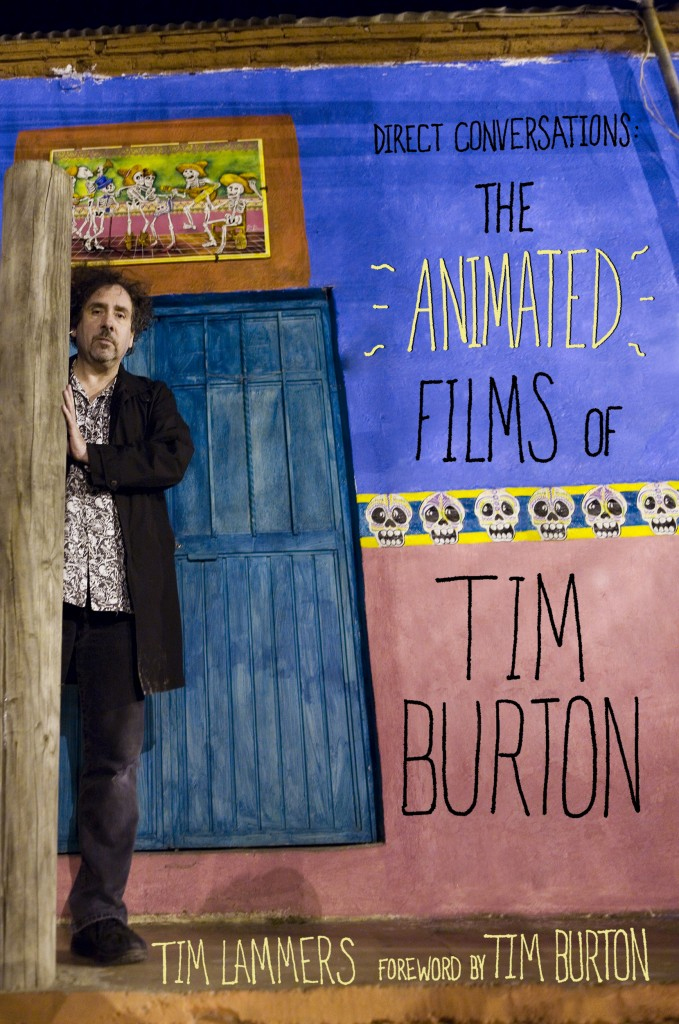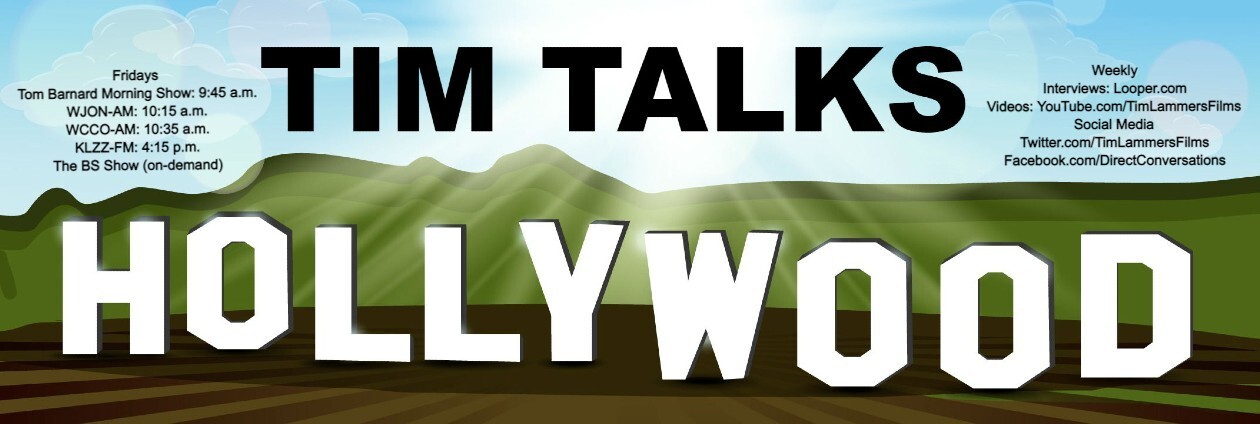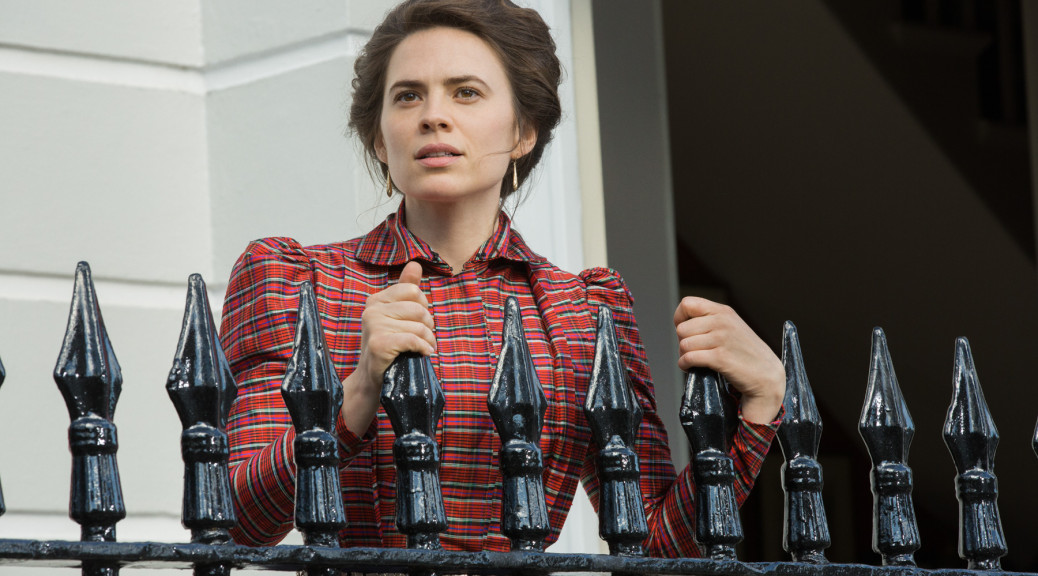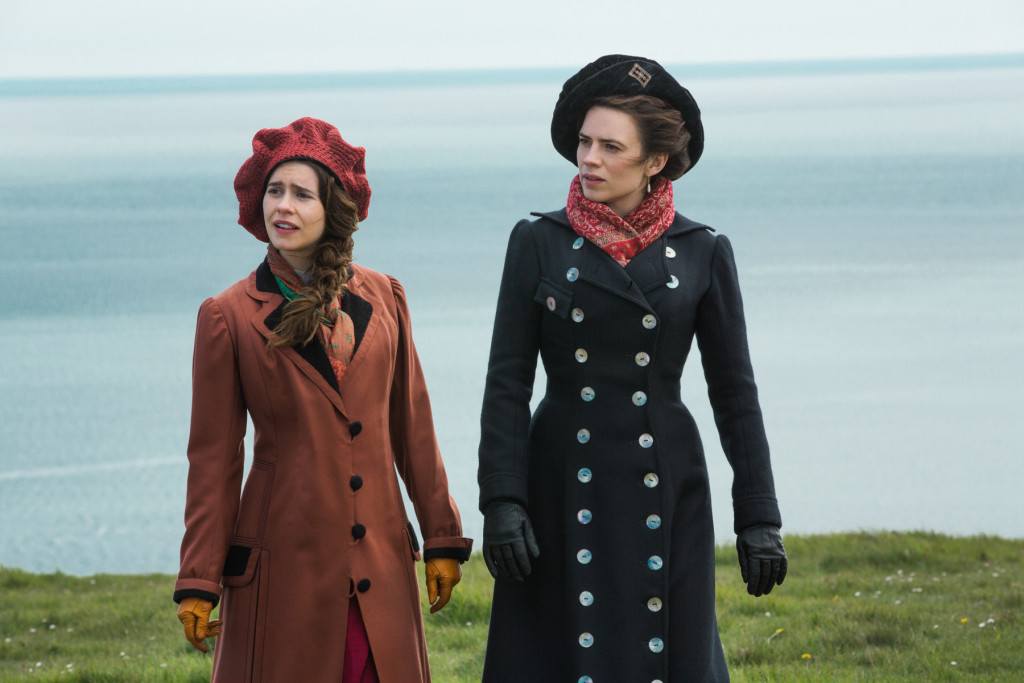The past seven years have been quite eventful for acclaimed actress Hayley Atwell, who has been working non-stop on the big and small screens following her breakthrough role in 2011 as Agent Peggy Carter opposite Chris Evans in “Captain America: The First Avenger.”
The role has not only provided Atwell an opportunity to reprise the role in three more Marvel Cinematic Universe projects, but on TV’s “Agents of S.H.I.E.L.D” and her own series, “Agent Carter.” On top of that, Atwell’s good fortunes landed her a small but pivotal role in director Kenneth Branagh’s opulent live-action adaptation of Disney’s “Cinderella,” and in August, she’ll appear opposite Ewan McGregor in Disney’s live-action/animated hybrid, “Christopher Robin,” based on the animated tales of Winnie the Pooh.
Suffice it to say, Atwell is more than used to the daunting task of tackling time-honored stories and characters in her career, and on Sunday, fans will get to see the 36-year-old performer take on perhaps her most challenging role yet — as the legendary character Margaret Schlegel on STARZ’s miniseries adaptation of E.M. Forester’s classic novel “Howards End.”
In a recent phone conversation from London, Atwell said she was thrilled that director Hettie Macdonald and scribe Kenneth Lonergan could give “Howards End” time to breathe as a four-hour miniseries. Without question, there’s so much more to the narrative than what film fans were treated to with the critically lauded, 2 hour, 22 minute Merchant/Ivory version of “Howards End” a quarter-century ago, and Atwell couldn’t wait to help tell it.
“They wanted to take the time to explore the intellectual depth of E.M. Forster’s book, and I don’t mean intellectual in the sense of trying to make it academic or inaccessible. Instead, I think the heart of the story is about emotional intelligence,” Atwell said. “It shows our ability to move forward as human beings, as long as we are willing to engage in conversation about our differences rather that divide ourselves because of them. The story doesn’t shy away from questions and big ideas like social reform, and understanding social status and economic backgrounds, and the opportunities that one had back then, merely based on the family that you were part of.”
Set in Edwardian London in the early 1900s, Howards End tells the story of three families from different classes — the well-to-do Wilcoxes, the middle class Schlegels and lower class Basts — and how their lives fatefully intersect despite their vast differences in wealth and lifestyle. Atwell stars as Margaret Schlegel, who along with her sister, Helen (Philippa Coulthard), boast fiery independent spirits who find a cause in helping Leonard Bast (Joseph Quinn), an insurance clerk who is sliding deep into poverty. The dynamic between the sisters begins to change, though, when Margaret marries Henry Wilcox (Matthew Macfayden), the widowed patriarch of the Wilcox clan and head of the family’s business empire.
Establishing new pathways
There’s no doubt a giant looming in the background of the new TV adaptation in the form of the acclaimed 1992 film version of “Howards End,” which starred Emma Thompson, Anthony Hopkins and Helena Bonham Carter, and earned three Oscars including a Best Actress statuette for Thompson. Atwell is well-aware that some fans are going to want to compare it to the 1992 film, yet is confident that this new adaptation of the 1910 novel has established its own identity.
“It’s a question that just never comes up in the theater. When I played ‘Major Barbara’ on the Olivier stage at the National Theater, the question in the press was not, ‘Do you feel pressure because Judi Dench played her in 1960s?’ because I would have been like, ‘No, the reason I’m an actor is that I want to have a go at telling the story of a character,'” Atwell said. “I like telling stories in theater because the pieces transcend time and deal with universal themes, and then each production gets an opportunity within that place of time that they are to interpret that text.”
Effectively, Atwell wants viewers to look at “Howards End” through the same sort of lens, because while the story is set in the exact same time period as the source material, people’s views of how they look at the world have changed. Besides, Atwell, who describes herself as a “restless mind that longs to be challenged intellectually as well as emotionally,” wouldn’t have engaged in the project if it didn’t provide new promise.
“Our version of ‘Howards End’ is an adaptation of a classic book and a masterpiece told in 2017. The sensibilities that we have now are different than they were 25 years ago. There’s really no cause for comparison,” Atwell said. “While Emma Thompson and Anthony Hopkins so beautifully told their version of that story very successfully, it doesn’t mean that our path has already been paved. The material is so rich that now we can do something exquisite with it. In 2017, we became the custodians of these characters and we’re choosing our path now.”
Tim Lammers reviews movies weekly for The KQ92 Morning Show,” “KARE 11 News at 11” (NBC), WCCO Radio, WJON-AM, KLZZ-FM, “The Tom Barnard Podcast” and “The BS Show” with Bob Sansevere.
Copyright 2018 DirectConversations.com



